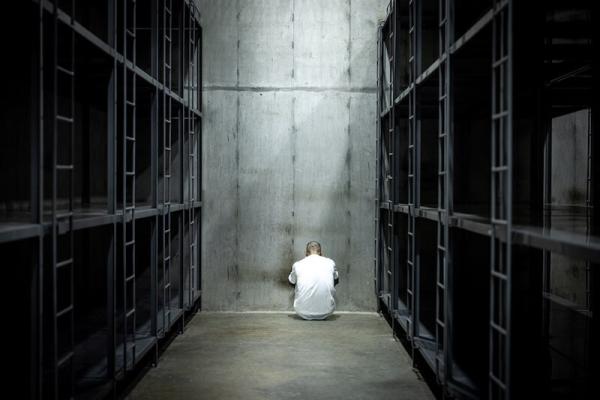At its best, the Constitution's pardon power — the ability of the president to extend mercy and even grace to a convict — is an elegant spiritual construct, the gentle bow of an airplane wing. Now, with the pardon of Joe Arpaio and talk of pardoning President Trump's friends and family, it is being turned into something ugly, another brutish stick to be jammed into the gears of justice by the president to help himself. The wreckage is acrid and flaming.
For those of us who see clemency as a unique intersection between the Constitution's imperatives and Christian values, the crash has been especially crushing. Part of clemency's elegance is the dialectic between the giver of mercy and the recipient: a crime is committed, truth is revealed, and a conviction obtained. Then, later, responsibility is accepted and contrition expressed, followed by mercy and reconciliation.
Clemency is for the guilty who express remorse; the innocent pursue other avenues. It is a very rare thing, state and Christian tradition in sync. But with Arpaio (and presumably with whomever Trump pardons next) that sacred rhythm is broken because there is no contrition— just denial of wrongdoing and then affirmation of that wrongdoing.
As President Trump has pointed out, others have made bad use of that same power, favoring cronies (Scooter Libby) and benefactors (Marc Rich.) He is right about that. Both of those made my stomach turn. I was a federal prosecutor when President Clinton pardoned Marc Rich, and it was infuriating — rewarding a fugitive cut against everything I worked for. In pardoning former Maricopa County Sheriff Joe Arpaio, though, Trump has done something worse: The president has not only rewarded someone who is unrepentant, but he has celebrated the crime itself. When asked about the pardon, Trump said of Arpaio that “He’s done a great job for the people of Arizona, he’s very strong on borders, very strong on illegal immigration, he is loved in Arizona ...”
Let’s not forget why it is that Arpaio was in trouble and awaiting sentencing before a federal court. In 2011, the Department of Justice issued a report finding that Arpaio and his office displayed “a pervasive culture of discriminatory bias against Latinos.” Then in 2013, a federal judge found that Arpaio’s office had engaged in systemic racial profiling and ordered specific remedies. Arpaio refused to change his practices, and in October 2016 a judge found him in criminal contempt — a charge that could have resulted in a six-month jail sentence. Arpaio does not represent the easy-to-identify support for chattel slavery kind ofracism represented in confederate statues. Instead, he represents the pernicious and divisive racism of this moment, embedded in criminal law and aimed at immigrants and minorities.
It is hard not to contrast Trump’s action — and the actions he may consider next, to pardon his friends, his family, and himself — with President Obama’s clemency initiative for long-term narcotics defendants.
There, Obama wrote a letter to each recipient.
In part, what he said is this: “I believe in your ability to prove the doubters wrong, and change your life for the better. So good luck, and Godspeed.”
It was a fulfillment of the soul of the Constitution. We have now moved to the other extreme.
Coal companies have found an efficient, cheap, and brutal method to get to coal by despoiling beautiful areas. They call it “mountaintop removal,” and it is exactly what it sounds like: chopping the top off of a mountain and dumping the detritus into nearby valleys and streams. Trump appears ready to do the same to the pardon power — gutting it and ruining the idea all at once. People of faith need to recognize what is being lost. Clemency can be, and briefly was, a space where justice and mercy could walk together in humility. It no longer is that.
Got something to say about what you're reading? We value your feedback!







